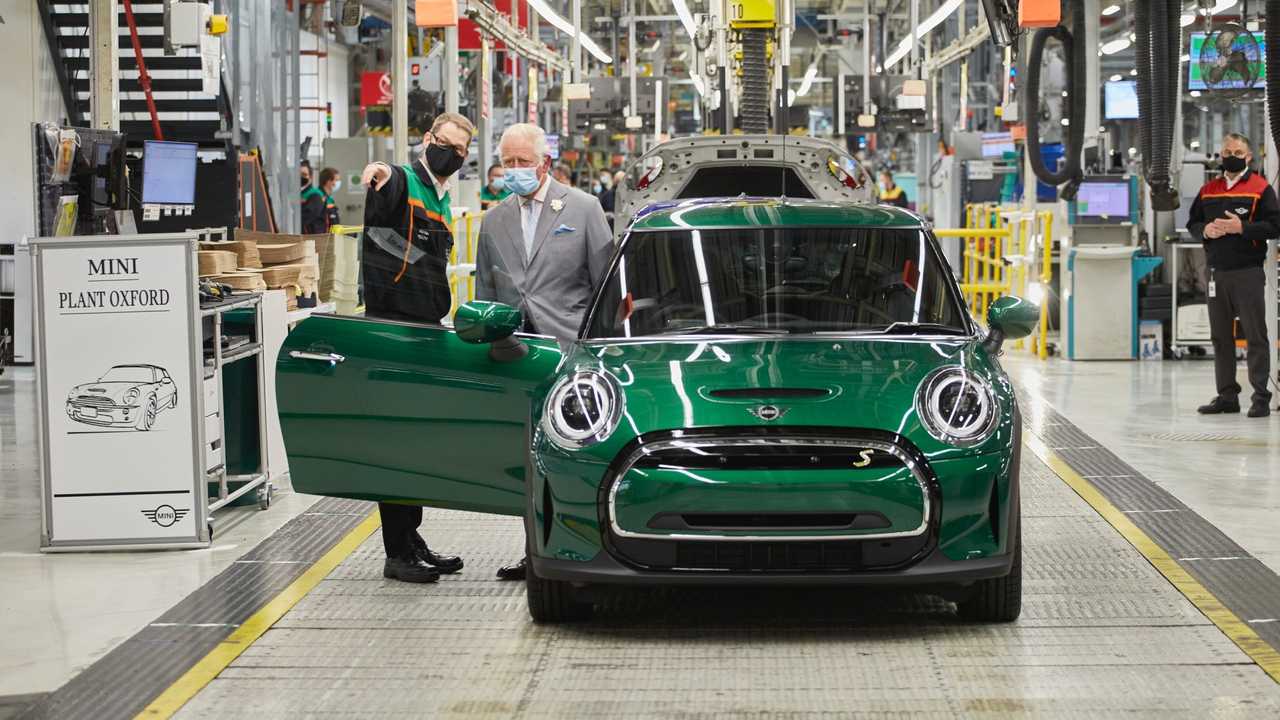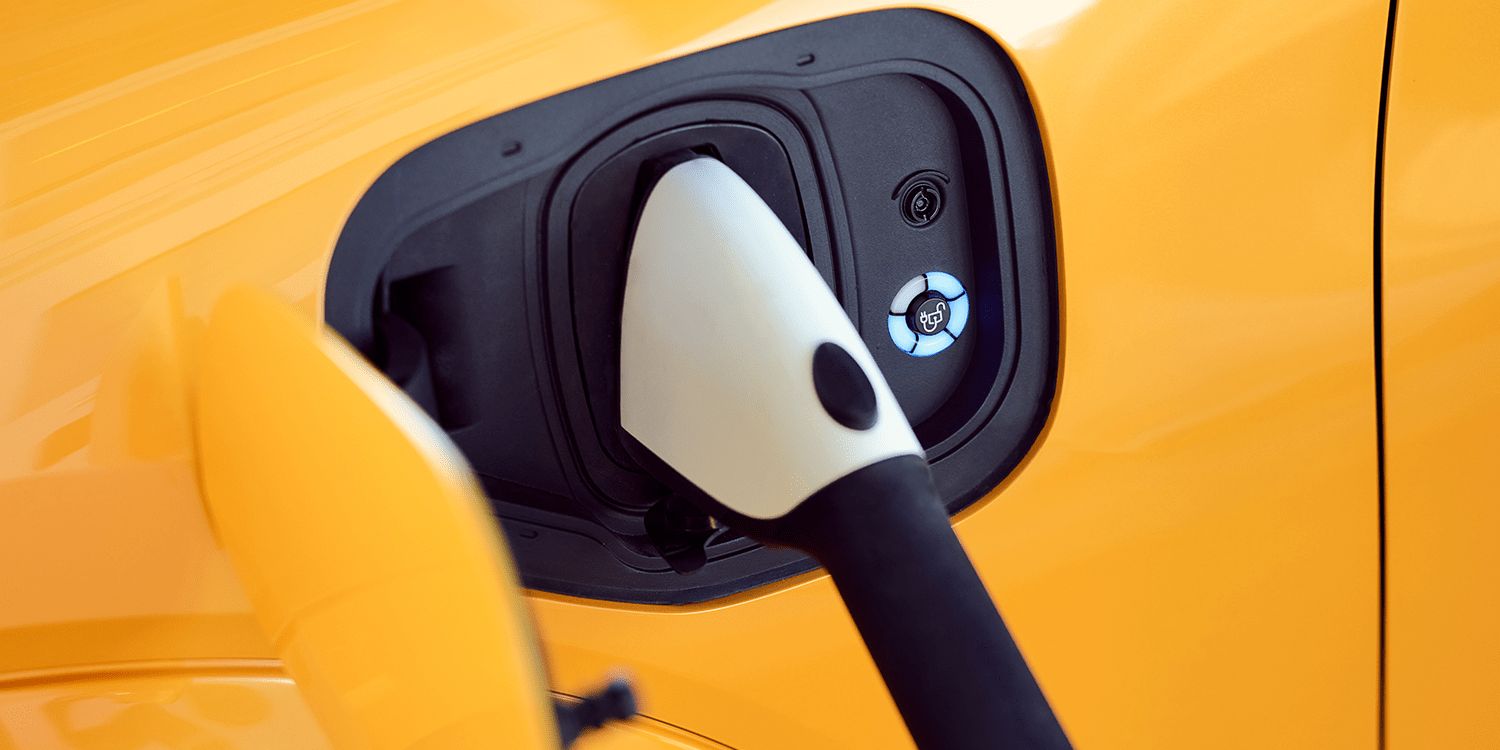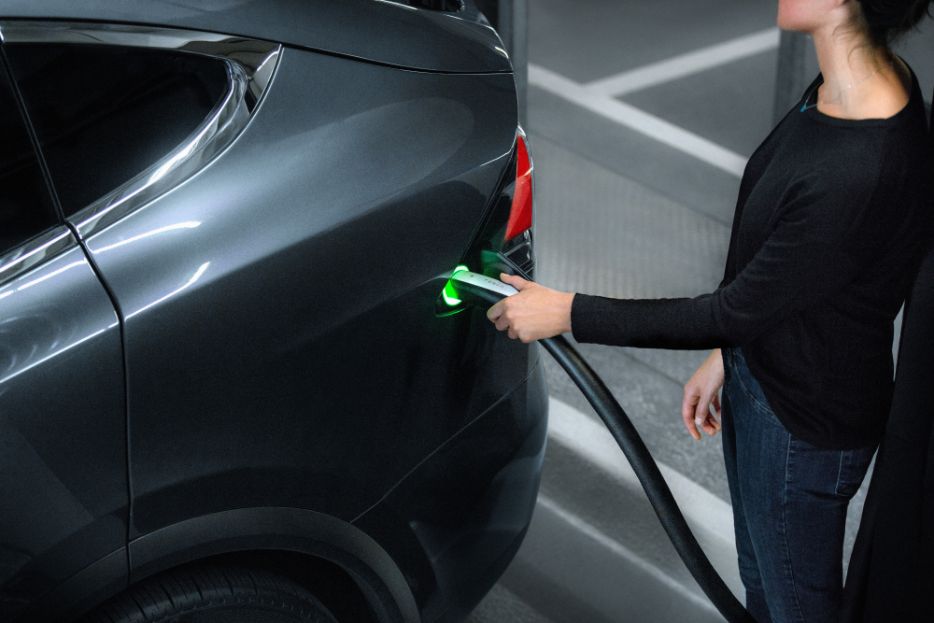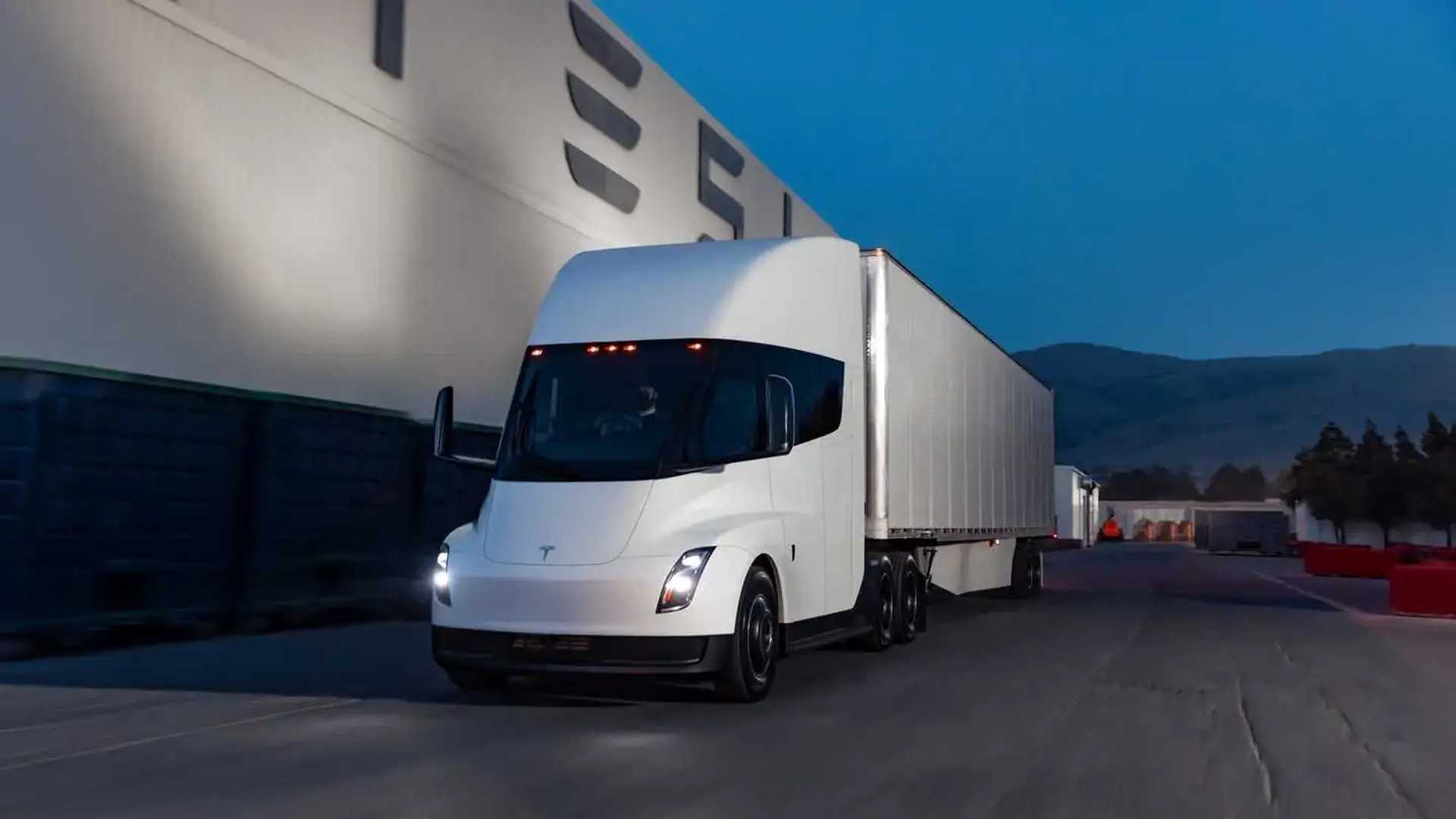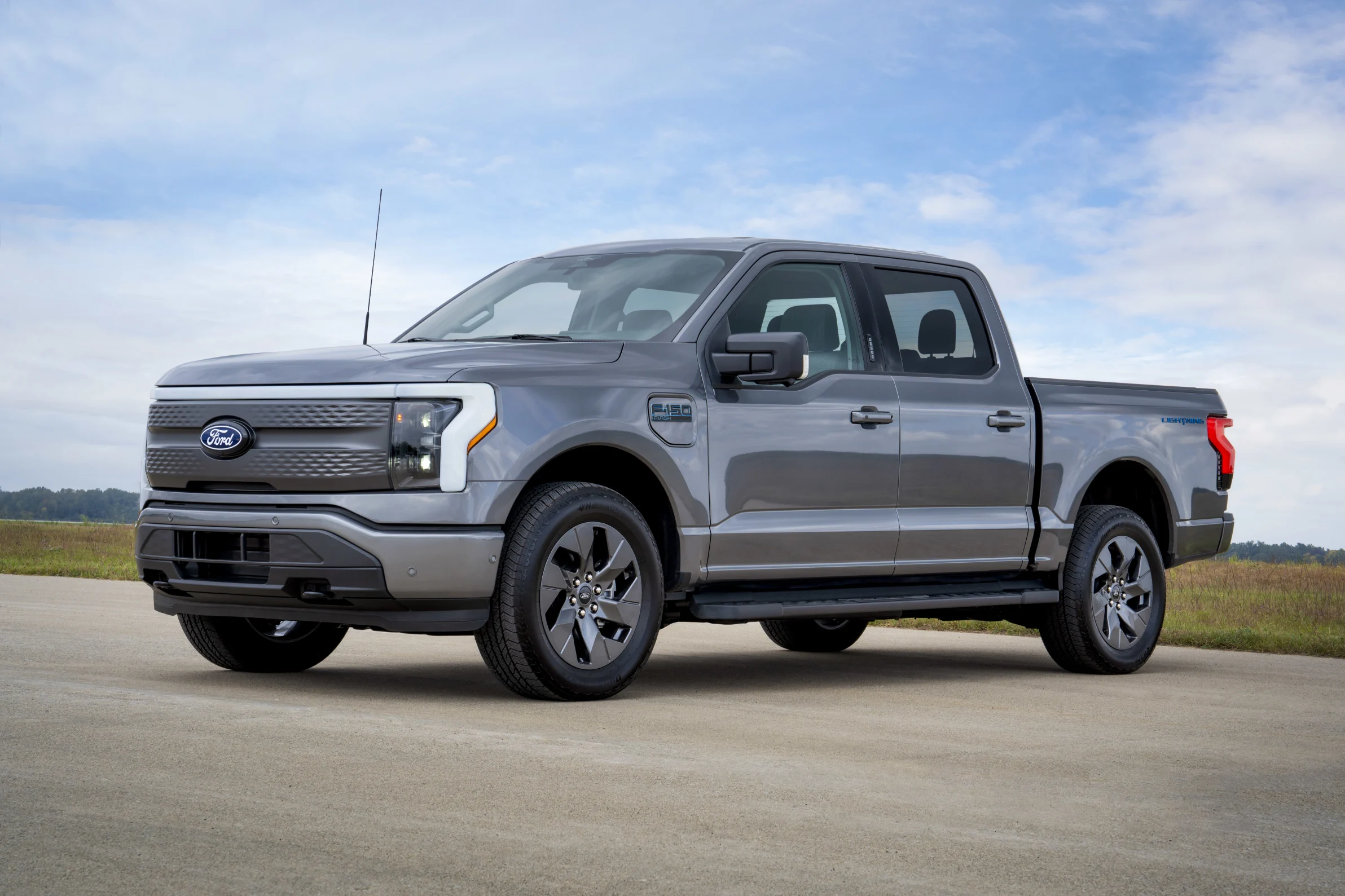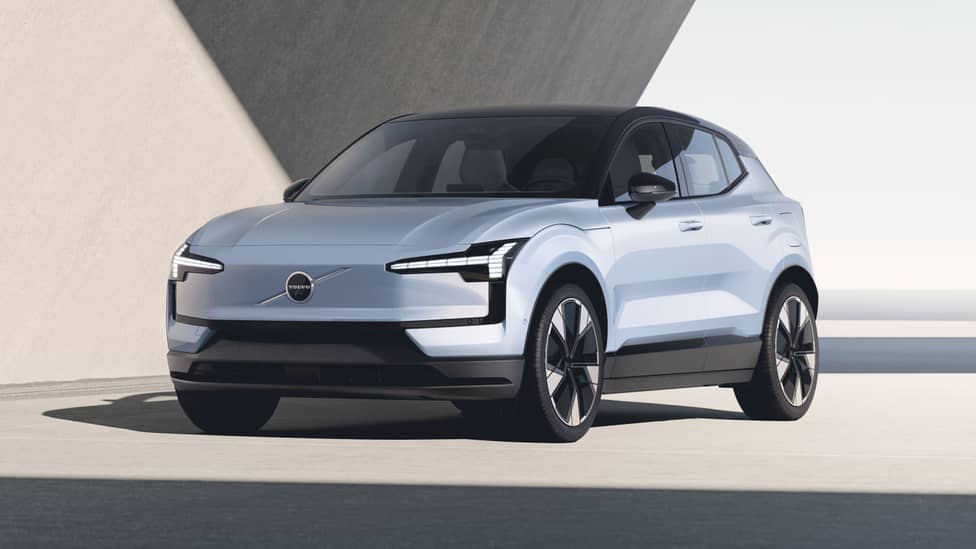The UK government has confirmed its commitment to existing electric vehicle (EV) targets for the upcoming years, despite extending the ban on internal combustion engine (ICE) vehicles to 2035. This decision is set to have minimal impact on the EV industry.
Under the ZEV (Zero Emission Vehicle) mandate scheme, the core principle remains unaltered. Vehicle manufacturers are annually assigned a target, expressed as a percentage of their total sales, that must consist of zero-emission vehicles. Starting in January, UK carmakers are required to ensure that a minimum of 22 percent of their vehicle sales are locally emission-free, with a corresponding target of ten percent for vans. These quotas will progressively rise to 80 percent for cars and 70 percent for new vans by 2030, ultimately culminating in a complete shift to electric vehicles by 2035.
Manufacturers failing to meet these targets will face penalties or must purchase “ZEV allowances” from automakers exceeding their targets. For cars, carmakers will pay £15,000 per ZEV allowance, while the fine for vans was lowered to £9,000 in 2024, but is set to increase to £18,000 for subsequent years of non-compliance. This framework offers manufacturers flexibility through a trading scheme, enabling them to accumulate compliance credits in years when they surpass annual targets for use in future years.
Transport Secretary Mark Harper emphasized, “The path to zero emission vehicles announced today makes sure the route to get there is proportionate, pragmatic, and realistic for families. Our mandate provides certainty for manufacturers, benefits drivers by providing more options, and helps grow the economy by creating skilled jobs.”
Last week, UK Prime Minister Rishi Sunak’s announcement of pushing back the 2030 ban on non-hybrid fossil-fuel models to 2035 had raised concerns among manufacturers about the potential uncertainty it could create for the industry.
Mike Hawes, CEO of the Society of Motor Manufacturers and Traders (SMMT), a car industry group, welcomed the clarity provided by the government’s decision, stating, “With less than 100 days to go, manufacturers finally have clarity on what they are required to sell next year and up to 2030.”
However, Hawes also pointed out the absence of consumer incentives to make electric vehicles more appealing, highlighting the government’s hope that by postponing the ICE sales ban while preserving the ZEV mandate, “the used car market also continues to grow, providing more affordable options for drivers.”

